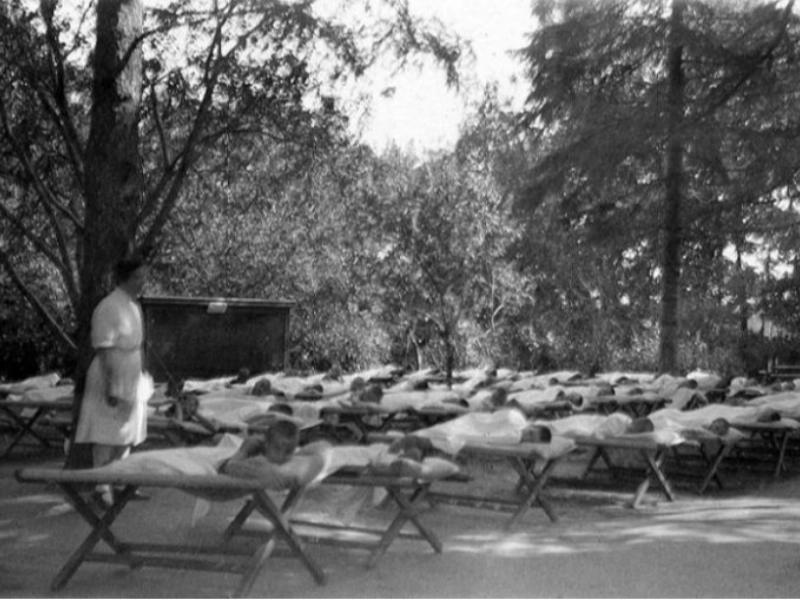
In the 1930s, the Soviet Union established one of the first organized systems of kindergartens, reflecting the government's commitment to early childhood education. The initiative aimed to promote socialist values and prepare children for their future roles in society.
Soviet kindergartens were designed to provide a structured environment where children could learn through play and social interaction. The curriculum emphasized not only basic education—such as literacy and numeracy—but also the importance of collective activities, fostering a sense of community and cooperation among children.
These kindergartens often incorporated elements of Soviet ideology, teaching children about the principles of socialism and the importance of contributing to the state. Educators focused on nurturing creativity and physical development, integrating arts, crafts, and physical activities into daily routines.
The establishment of kindergartens during this period marked a significant shift in attitudes toward early childhood education, recognizing its role in shaping future citizens and promoting the ideals of the Soviet regime. This initiative laid the groundwork for the expansion of early education in the USSR and influenced educational practices in other countries.